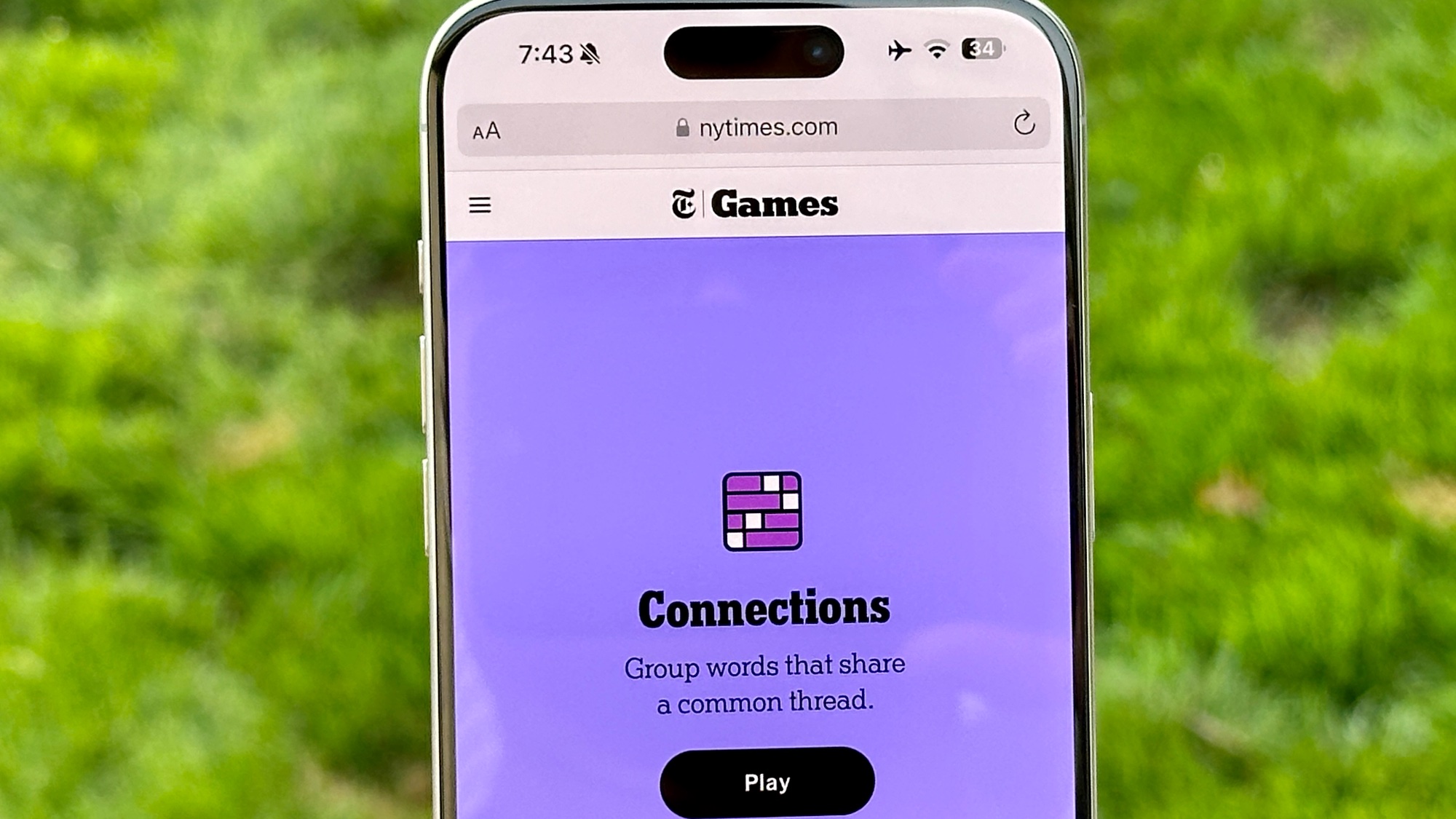Guess Who Just Took the Antivirus Crown?
If you use Windows 8.1, Kaspersky Lab Internet Security is your best bet — just as it was the last few times AV-Test has run its analyses
Staying safe online is not difficult if you have common sense and a good antivirus program. The trouble is knowing which program to choose.

The latest results from the German lab AV-TEST are in, and if you use Windows 8.1, Kaspersky Internet Security is your best bet — just as it was the last few times AV-TEST has run its analyses. There’s some more good news, though: No matter which major antivirus program you use, your protection is probably going to be just fine, even if you're using only Microsoft's built-in Windows Defender.
AV-TEST periodically evaluates antivirus software to determine which product bests protect both home and corporate users. Its December 2016 Windows home-user evaluations ran 21 different programs on Windows 8.1. While only three programs earned "Top Product" honors in this round, every single product earned an AV-TEST recommendation for overall competence.
MORE: Best Antivirus Software and Apps
To determine which programs rose above the rest, AV-TEST evaluated each piece of software in three categories, each category being worth six points: Protection (how much malware the program blocked), Performance (how many system resources it used) and Usability (how intuitive the user interface was).
Kaspersky Lab was the only company to earn perfect scores across the board, scoring 18 points, but even the lowest-scoring program (Comodo Internet Security Premium, which got 12.5 points) will still technically protect you from most of what the internet can throw your way.
In addition to Kaspersky Lab Internet Security, two other programs earned top honors: Bitdefender Internet Security 2017 and Trend Micro Internet Security 2017, each of which earned 17.5 apiece. The latter two programs missed half a point in Performance for being a little demanding on system resources.
Sign up to get the BEST of Tom's Guide direct to your inbox.
Get instant access to breaking news, the hottest reviews, great deals and helpful tips.
On the other end of the spectrum were Comodo Internet Security Premium (12.5 points), Panda Security Protection (13.5), Emisoft Anti-Malware (15) and Microsoft Windows Defender 4.8 (15). Interestingly, of the four, only Comodo missed the mark on the Protection front (earning three out of six points). The other three lost points due to their shortcomings in Performance.
The other 14 programs tested all scored between 15.5 and 17 points, losing 1.5 points in any given category at most. The exact breakdowns vary; suffice to say that AhnLab V3 Internet Security 9.0, Avast Free AntiVirus 2016, Avira AntiVirus Pro 2016, ESETE Internet Security 10.0, F-Secure Safe 2016, G Data Internet Security 2017, MicroWorld eScan Internet Security Suite 14.0, Norton Security 2016, BullGuard Internet Security 16.0 & 17.0, McAfee Internet Security 2016, Quick Heal Total Security 17.0, K7 Computing Total Security 15.1, ThreatTrack VIPRE Internet Security Pro 2016 and AVG Internet Security 2016 are all competent, if unexceptional, ways to protect your system.
One surprising finding is that Microsoft is finally clawing its way up through the ranks. Windows Defender used to lag well behind all of its competitors, but now it’s pulled ahead of a few paid options. A few more refinements, and you could get excellent protection without ever having to download a third-party program.
Marshall Honorof is a senior editor for Tom's Guide, overseeing the site's coverage of gaming hardware and software. He comes from a science writing background, having studied paleomammalogy, biological anthropology, and the history of science and technology. After hours, you can find him practicing taekwondo or doing deep dives on classic sci-fi.
-
Dark Lord of Tech Kaspersky is decent , but lately , I have become a bigger fan of F-Secure Security products.Reply

